At the workshop "Impact of Resolution 71-NQ/TW on vocational education " held at Ho Chi Minh City International College on October 23, Mr. Le Huy Nam - Director of the Department of Education, Central Propaganda and Mass Mobilization Commission - emphasized that Resolution 71 is the "golden time" for vocational schools to make a breakthrough.
According to Mr. Le Huy Nam, the resolution not only puts education at the center of national development but also affirms that vocational education is the pillar of practical education, playing a key role in training high-quality human resources for the period of industrialization, modernization and international integration.
Vocational education is "upgrading", shifting from training for employment to training for mastering careers and creating new careers. However, besides the breakthroughs, there are still many challenges that vocational education is facing. Specifically, the difference in quality and management capacity of vocational schools; social prejudices about vocational training are still too large, making student streaming ineffective; links with businesses are not sustainable, mainly stopping at the internship level, lacking deep participation in program design and output assessment...
At the conference, experts shared many effective training models in the world. In Germany, the "dual training" model closely links schools and businesses, helping students study and earn a salary. In Singapore, vocational education is considered the "backbone of the knowledge economy ", with a lifelong learning system and corporate scholarships for vocational school students.
Australia and South Korea have succeeded by linking vocational education with digital transformation and future skills training. Meanwhile, Taiwan (China) has effectively implemented the streamlining of secondary, high school and vocational education levels with clear scholarship policies and opportunities for further study.
These experiences show that with clear policies, strong autonomy, and extensive business links, educational institutions can maximize their practical training advantages and better meet the needs of the labor market.
Ms. Huynh Thi Thu Tam, Vice Principal of Ho Chi Minh City International College, affirmed that the quality of vocational education is not measured by credits earned but by the ability to do, do well and create value. The output must be directly linked to a specific job position. Dr. Khong Huu Luc, Head of Training Management Department - Hanoi College of High Technology, said that if Vietnam thoroughly applies the spirit of Resolution 71 - especially autonomy, digital transformation and international cooperation - the vocational education program can completely approach international standards, on par with developed countries. From practical experience, Dr. Luc proposed a number of key solutions.
According to Dr. Luc, the first thing is to perfect the legal and governance framework. Quickly amend and supplement the Law on Vocational Education and related laws to ensure clear regulations on comprehensive autonomy and corresponding accountability. At the same time, schools should proactively organize a streamlined apparatus at their facilities and apply new governance models.
Second, promote digital transformation in vocational education: Immediately issue and deploy a digital transformation strategy for the vocational education sector, digitize management processes, provide digital classrooms and online practice software for all vocational schools, and provide training to improve technological capacity for teaching staff.
Third, strengthen the connection between schools and businesses. Build a sustainable training "ordering" mechanism: businesses participate right from the program design stage, support tuition and internships for students.
Fourth, invest in developing human resources for vocational education. Prioritize funding for training in key occupations.
Source: https://nld.com.vn/thoi-diem-vang-de-giao-duc-nghe-nghiep-but-pha-196251023211755394.htm


![[Photo] Standing member of the Secretariat Tran Cam Tu chaired a meeting of the Standing Committee of the Organizing Subcommittee serving the 14th National Party Congress](https://vphoto.vietnam.vn/thumb/1200x675/vietnam/resource/IMAGE/2025/10/24/1761286395190_a3-bnd-4513-5483-jpg.webp)
![[Photo] President Luong Cuong holds talks with South African President Matamela Cyril Ramaphosa](https://vphoto.vietnam.vn/thumb/1200x675/vietnam/resource/IMAGE/2025/10/23/1761221878741_ndo_br_1-8416-jpg.webp)
![[Photo] Prime Minister Pham Minh Chinh meets with South African President Matamela Cyril Ramaphosa](https://vphoto.vietnam.vn/thumb/1200x675/vietnam/resource/IMAGE/2025/10/23/1761226081024_dsc-9845-jpg.webp)









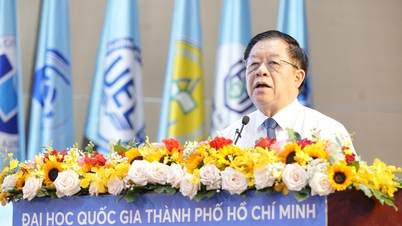


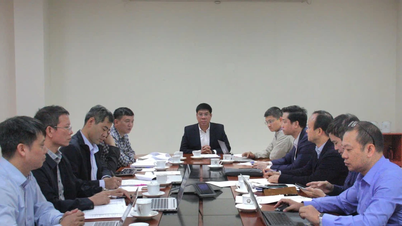





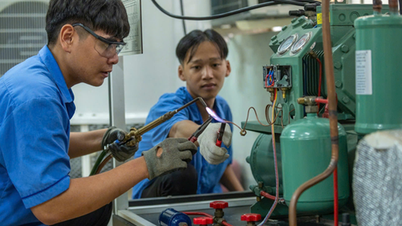





























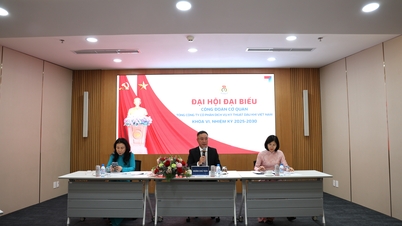


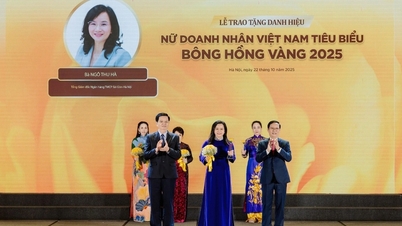
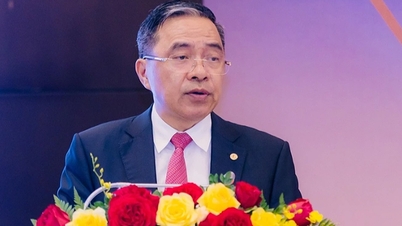






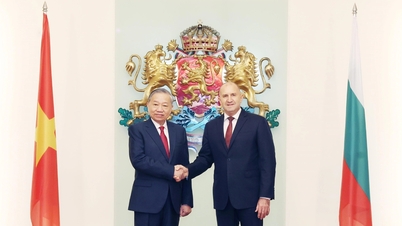



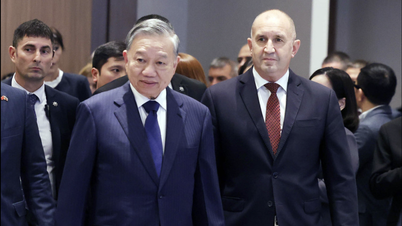

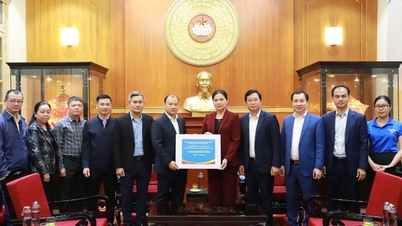

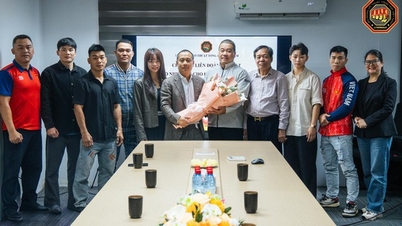
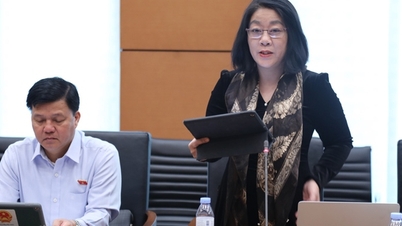
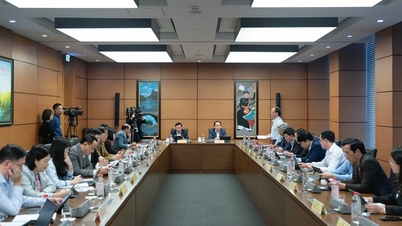


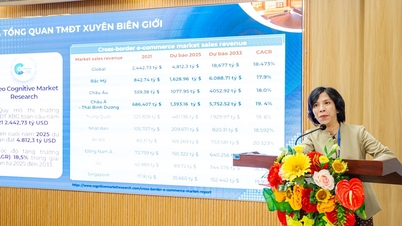




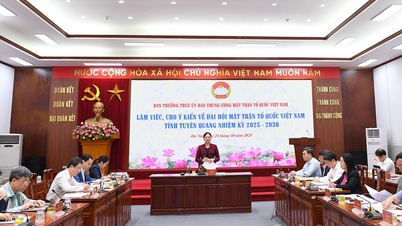

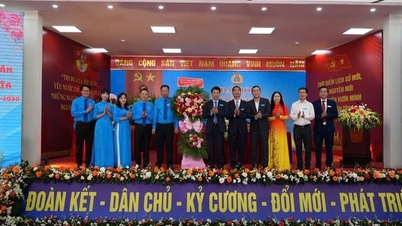


















Comment (0)